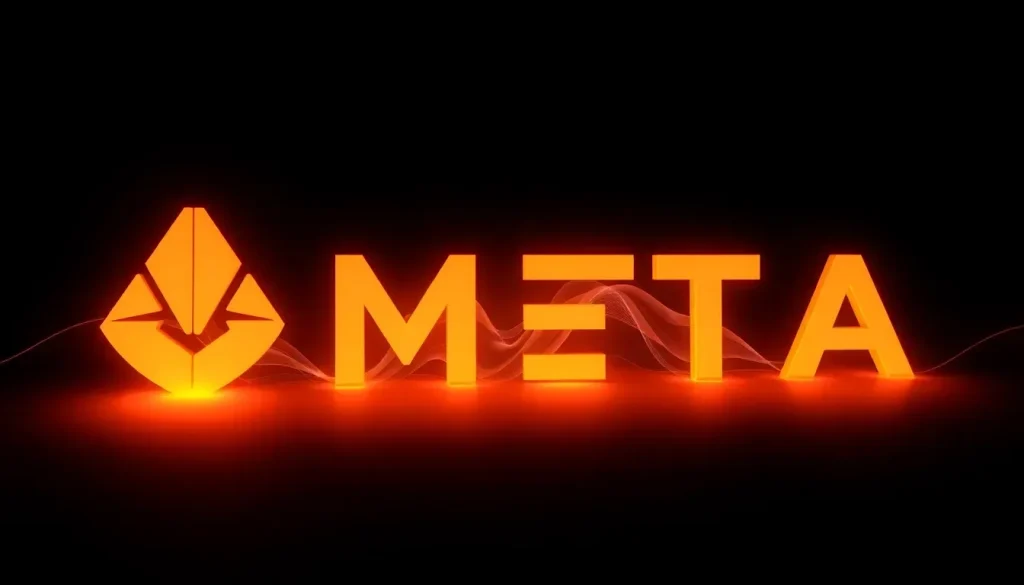Meta in talks to acquire Rivos GPU and AI accelerator maker

In recent developments, Meta is reportedly in talks to acquire Rivos, a startup renowned for its focus on chips utilizing the RISC-V architecture, particularly in the realm of graphics cards and AI accelerators. Given Meta's heavy investment in artificial intelligence, this acquisition seems strategically aligned, potentially enhancing the future iterations of its LLaMA AI model and products like the Meta Ray-Ban smart glasses.
Founded in Santa Clara, California, Rivos has been making headlines for more than just its technology. In 2022, Rivos faced a lawsuit from Apple, accusing the startup of hiring over 40 former Apple engineers and misappropriating design secrets related to System on Chip (SoC) technologies. Rivos countered with a lawsuit of its own, and the matter was eventually settled in 2024. That same year, Rivos successfully raised $250 million in a funding round aimed at advancing its first AI-oriented server chip.
Meta aims to reduce reliance on GPU manufacturers like NVIDIA
Although there has been no official announcement regarding the acquisition, the ongoing discussions indicate that Meta is eager to lessen its dependence on NVIDIA GPUs for training models and executing AI tasks across its data centers. This move is essential for companies looking to innovate, as relying solely on external suppliers can be a risky business strategy.
By potentially acquiring Rivos, Meta could leverage the startup's technology to develop its own RISC-V-based GPU. This could pave the way for Meta to create chips that not only compete with NVIDIA's offerings but also cater specifically to its unique infrastructure needs.
Meta has been proactive in its quest for self-sufficiency in AI hardware. For instance, the company has been working on a project called the Meta Training and Inference Accelerator (MTIA), developed in partnership with Broadcom. This chip, likely based on RISC-V architecture, is manufactured by TSMC and has already undergone several stages of testing, with limited implementation in Meta's data centers alongside NVIDIA's GPUs.
Valuation of the acquisition could exceed $2 billion
While the exact financial terms of the acquisition are still under wraps, estimates suggest that Meta's acquisition of Rivos could surpass $2 billion. This figure is informed by the company's market valuation and the investments made to date. It is not surprising if negotiations ultimately push the valuation to around $3 billion or even higher.
This acquisition holds the potential to transform Meta's data centers, allowing them to operate with custom-designed AI chips that meet their specific requirements. The benefits of such a move include:
- Increased performance tailored to Meta's applications
- Significant cost reductions in hardware procurement
- Enhanced integration of AI capabilities across all Meta platforms
Additionally, with its own AI model, Meta stands to gain a competitive edge not just in the hardware space but also in the overall user experience across its services.
The strategic importance of AI hardware development
As the AI landscape evolves, the need for specialized hardware becomes increasingly critical. Companies are realizing that to maintain a competitive advantage, they must control the entire stack—from software to hardware. Here are several reasons why developing proprietary AI hardware is beneficial:
- Customization: Tailored designs can lead to improved efficiency and performance.
- Cost Savings: Reducing reliance on third parties can lead to lower long-term costs.
- Intellectual Property: Owning the technology can safeguard innovations and create additional revenue streams through licensing.
Meta's move to acquire Rivos is indicative of a broader trend within the tech industry, where companies are increasingly focused on vertical integration to enhance their operational capabilities.
Potential challenges in the semiconductor industry
Despite the promising outlook, the semiconductor industry is fraught with challenges. The acquisition of Rivos, while advantageous, also presents several hurdles that Meta must navigate:
- Supply Chain Issues: Fluctuations in supply can impact production timelines.
- Technological Risks: Developing new chips can be a complex process with no guaranteed success.
- Regulatory Scrutiny: Potential antitrust issues could arise from consolidation in the semiconductor sector.
Meta will need to ensure that it can effectively manage these challenges while executing its vision of a self-sufficient AI hardware ecosystem.
To explore more about Meta’s strategic moves in AI, you can watch the following video for additional insights:
The landscape of AI technology is shifting rapidly, and with it, the strategies of leading companies like Meta. The potential acquisition of Rivos could mark a significant milestone in this ongoing evolution, positioning Meta as a formidable player in the AI hardware arena.




Leave a Reply